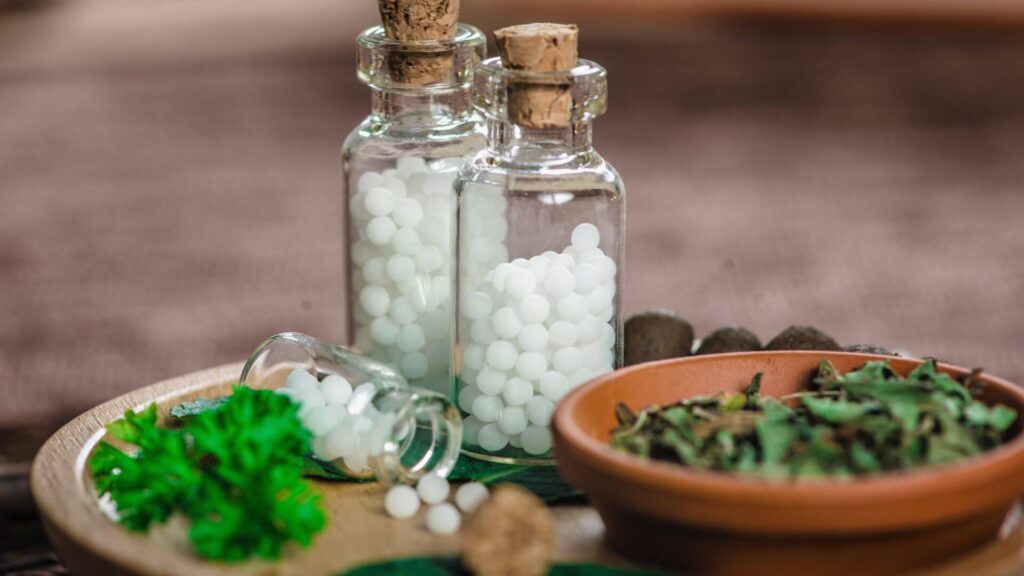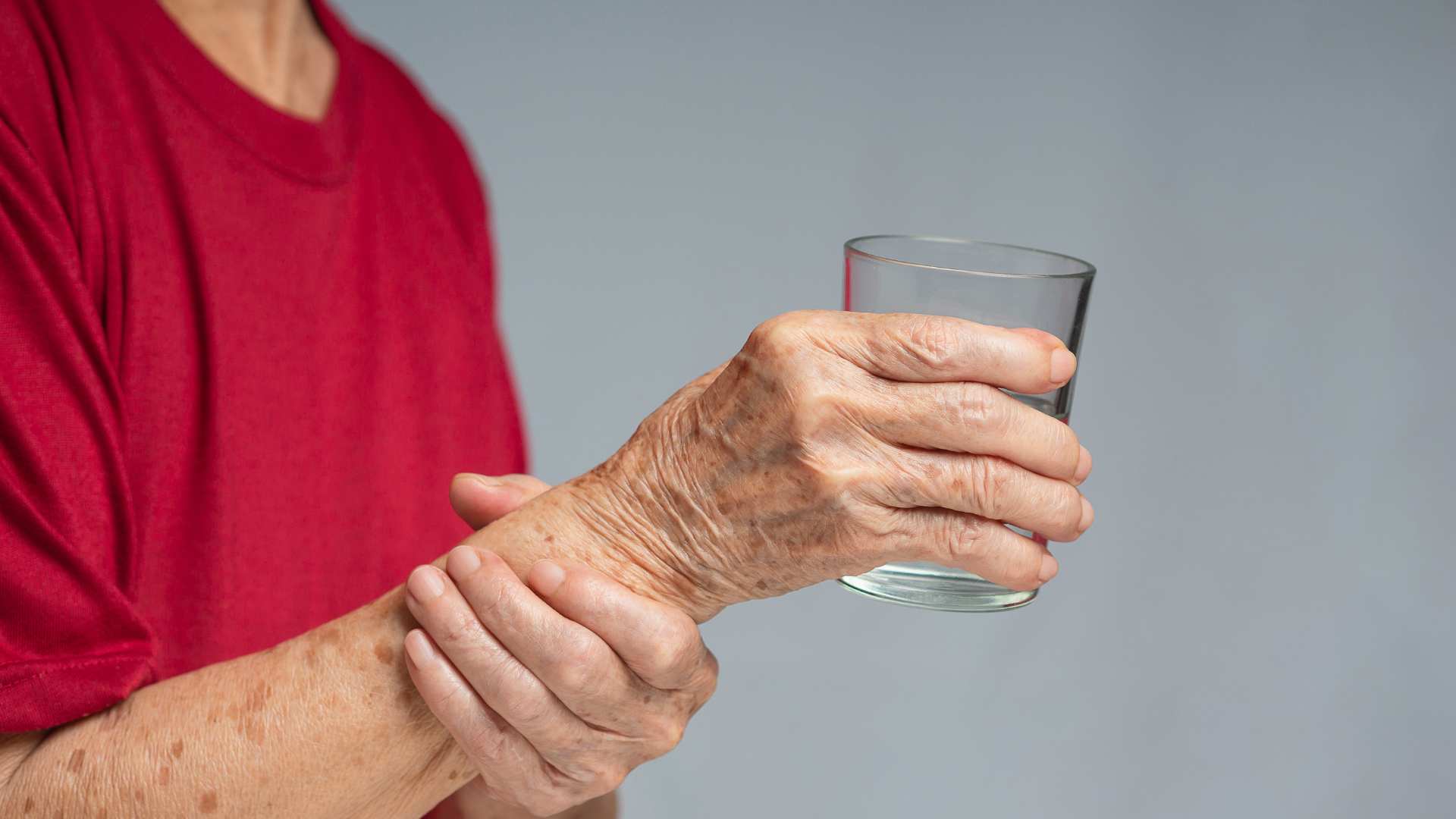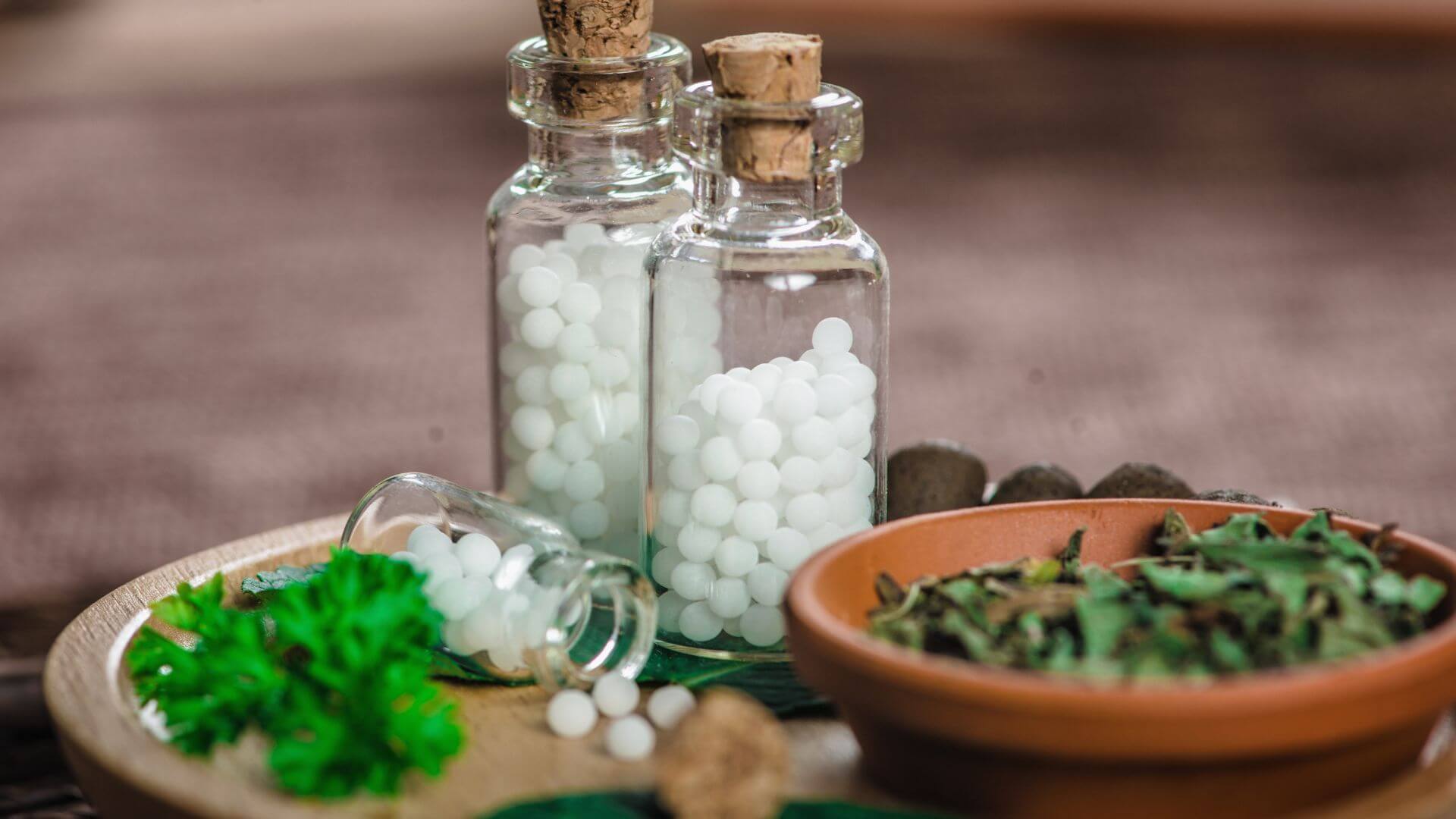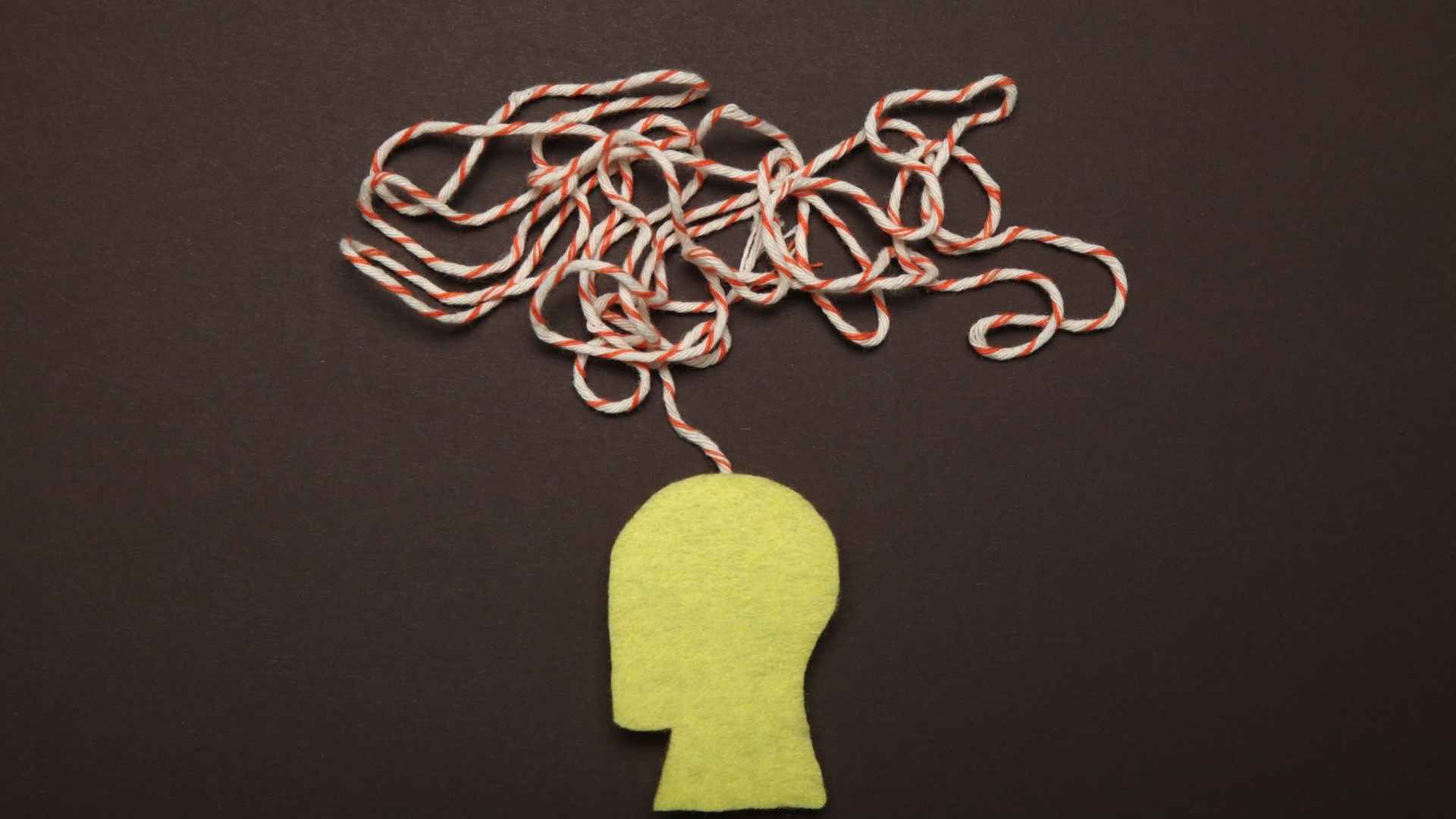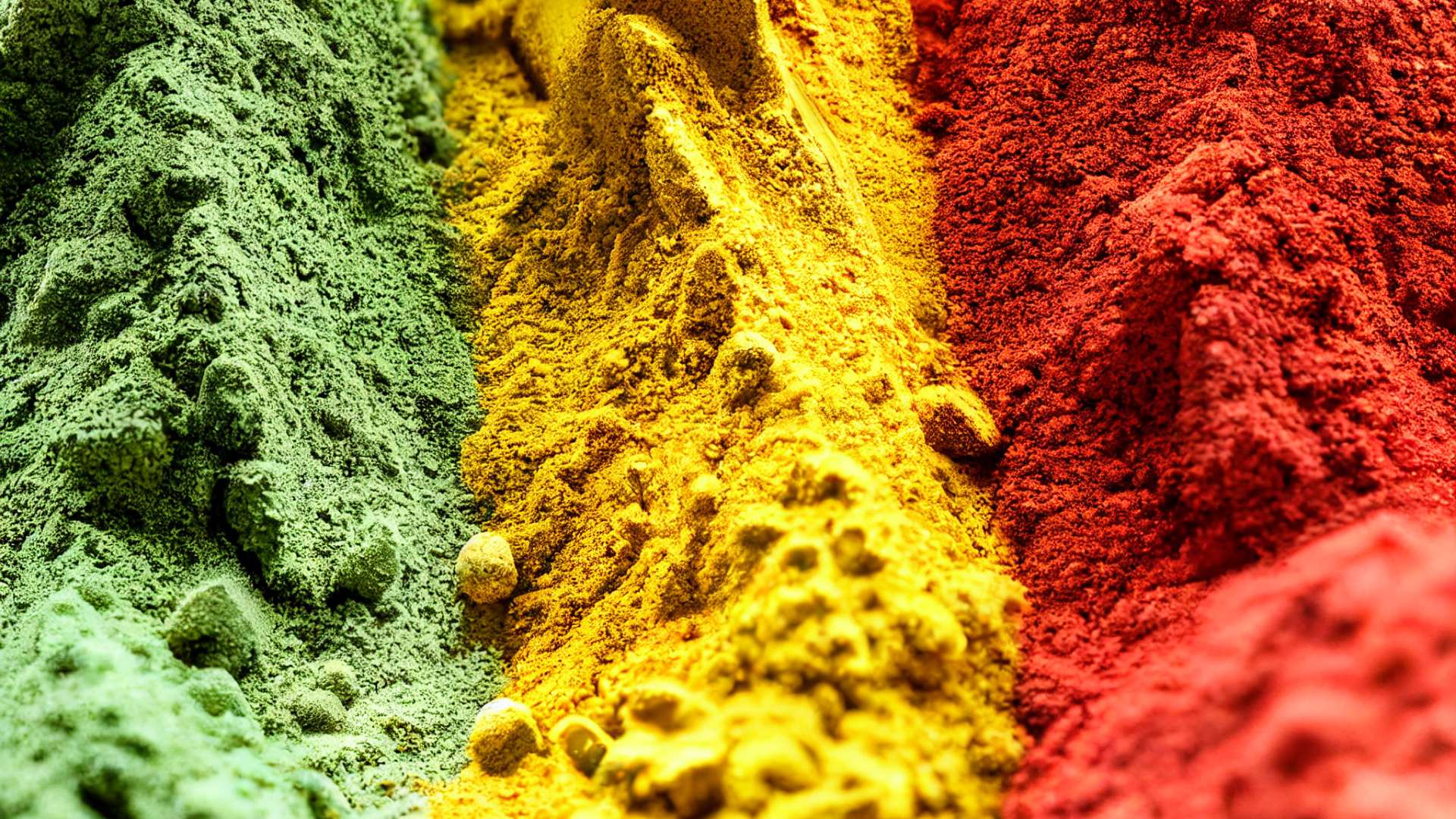In the era of advanced pharmaceuticals, people continue to seek out natural alternatives. Among various natural and holistic approaches, homeopathy stands as one of the oldest medical systems.
Founded over 200 years ago, homeopathy operates on natural principles that differ from conventional medicine. In this article, we will provide you with a clear examination of homeopathy, exploring its core principles, its proposed medicinal value, and its relationship with other natural products like kratom.
The Core Principles of Homeopathy
In the late 18th century, a German physician, Samuel Hahnemann, developed homeopathy, which is based on two doctrines that guide the preparation and description of its remedies.
The Law of Similars (“Like Cures Like”):
This is the central pillar of homeopathy, which in this tells that a substance that causes symptoms in a healthy person can be used to treat similar symptoms in a sick person. For example, a homeopathic remedy for insomnia might be made from coffee, which is known to cause wakefulness.
The Law of Infinitesimals (Potentization):
This principle is another common rule in homeopathy, which states that a substance becomes more potent if it is diluted. In homeopathy, medicines are prepared through a process of serial dilution and vigorous shaking called succussion.
One part of the original substance is added to 99 parts of water or alcohol to create a diluted solution, which is repeated many times, resulting in remedies that often contain little to no measurable molecules of the original substance. Homeopathy believes that water holds a memory or imprint of the substance, which changes the body’s healing process.
The Medicinal Value of Homeopathy
Homeopathy has a great medicinal value as it cures diseases with biochemical agents and also stimulates the body’s vital force.
Holistic and Individualized Approach:
The process of homeopathic consultation is usually extensive, focusing on the patient’s physical, emotional, and mental state as a whole. After a detailed analysis, a remedy is chosen to match the individual’s entire symptom picture, not just the diagnosed illness. Homeopathy is about a holistic and individualized approach.
Treatment of Chronic Conditions:
Homeopathy is highly beneficial for chronic issues like allergies, asthma, arthritis, and migraines, where patients may have found conventional treatments ineffective or filled with side effects.
Use in Minor Acute Ailments:
Homeopathy is also used for self-limiting conditions like bruises, teething pain in infants, the common cold, and travel sickness.
Note: Homeopathy does not replace conventional medical treatment, especially for serious acute or life-threatening diseases.
Is Homeopathy Effective? Examining the Evidence
People often ask, “Is homeopathy effective?” Let’s find out:
The Scientific Consensus
In the scientific and medical community, it is often discussed whether homeopathy is effective for any specific health condition. Systematic reviews and meta-analysis shows positive effects. The extreme dilution in Homeopathy means most remedies contain no pharmacologically active ingredients, which contradicts fundamental principles of chemistry and pharmacology.
The Placebo Effect
Many reported benefits are attributed to the placebo effect, a genuine psychological and physiological improvement.
Regulatory Status
In the United States, homeopathic products are regulated as drugs under the FDA’s compliance policy guide. They are not required to pass the rigorous pre-market safety test that conventional drugs must undergo. Homeopathic medicines are generally considered low-risk due to their high dilution, but are required to meet standards for strength, quality, and purity.
Homeopathy and Kratom: A Comparison of Natural Alternatives
Both homeopathy and kratom are considered alternatives to conventional medicine. However, they are fundamentally different in almost every aspect. Kratom comes from Southeast Asia, mainly Thailand, Malaysia, and Indonesia. It has active alkaloids, mitragynine and 7-hydroxymitragynine, that interact with opioid receptors. On the other hand, homeopathy is a treatment that includes natural elements.
Homeopathic remedies contain no measurable amount of the source material due to excessive dilution. Kratom contains measurable active plant compounds that can be quantified and tested. Homeopathy is generally safe due to extreme dilution, while kratom carries a risk profile and potential for side effects such as nausea, dizziness, etc.
Conclusion
Homeopathy is a popular yet highly controversial system of medicine. It is rejected by modern science as it sees remedies no more effective than a placebo. However, the holistic and individualised approach of Homeopathy speaks for itself, along with many individuals’ positive experiences.
If you are considering homeopathy for yourself, you must understand that it is not an evidence-based medical diagnosis and treatment for serious conditions. It is a complementary approach to heal your body from a different perspective. Choose a qualified practitioner who takes a detailed history and encourages seeking necessary conventional care.
Also, read:

